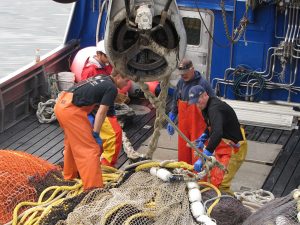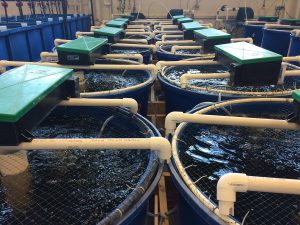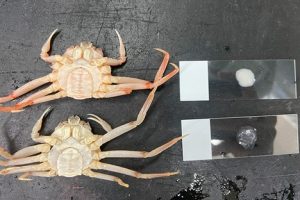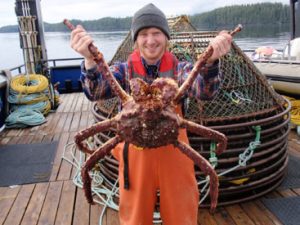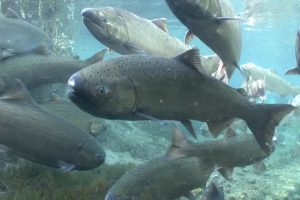Morning Midas Still Ablaze Off Alaskan Coast
 The U.S. Coast Guard is actively working to extinguish a persistent fire aboard the car carrier MORNING MIDAS, located approximately 220 miles south of Adak, Alaska. The first salvage vessel has now reached the scene, joining the ongoing efforts.
The U.S. Coast Guard is actively working to extinguish a persistent fire aboard the car carrier MORNING MIDAS, located approximately 220 miles south of Adak, Alaska. The first salvage vessel has now reached the scene, joining the ongoing efforts.
The incident began on Tuesday, June 3rd, 2025, when smoke was detected on a deck full of electric vehicles. The MORNING MIDAS was transporting cargo from Yantai, China, to Lázaro Cárdenas, Mexico, when the fire erupted. Despite the crew’s emergency response and the activation of onboard fire suppression systems, the blaze intensified, forcing all 22 crew members to abandon ship.
The crew evacuated via lifeboat and were subsequently rescued by the merchant vessel COSCO HELLAS. Currently, the tug vessel GRETCHEN DUNLAP is on site with salvage personnel working to assess the conditions.
 Maritime Injury Law Blog
Maritime Injury Law Blog


